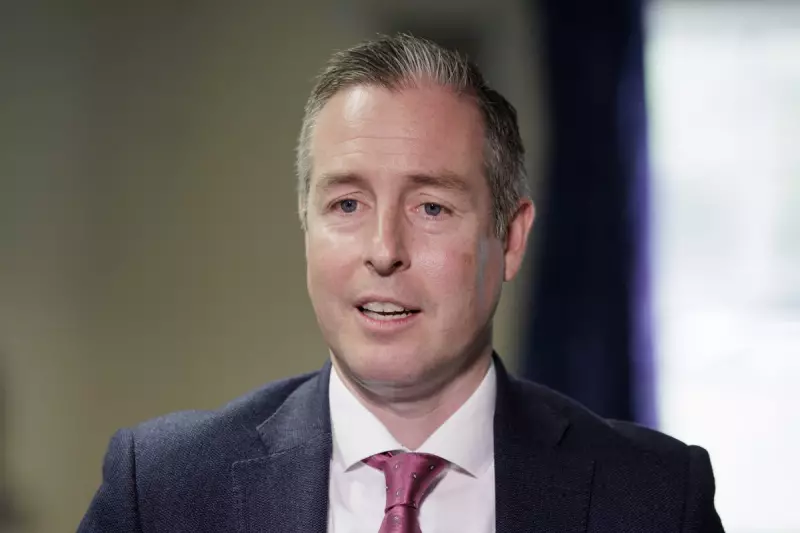
In a historic moment for devolved politics, Northern Ireland's Assembly has reconvened at Stormont, marking the end of a protracted two-year political impasse that had paralysed governance. The breakthrough follows a substantial £3.3 billion financial offer from the UK Government in Westminster, designed to stabilise Northern Ireland's public services and finances.
The return to power-sharing saw Sinn Féin's Michelle O'Neill officially nominated as First Minister, a landmark appointment as the first nationalist to hold the office. The Democratic Unionist Party's (DUP) Emma Little-Pengelly was appointed as Deputy First Minister, with both roles holding equal power under the devolved system.
The End of a Political Boycott
The DUP, the region's largest unionist party, had collapsed the executive in February 2022 in protest over post-Brexit trading arrangements, which it argued created an internal border within the UK. Their 24-month boycott, one of the longest in Stormont's turbulent history, finally concluded after intense negotiations with the UK government resulted in new command paper aimed at addressing unionist concerns over trade and sovereignty.
A Financial Package for Stability
Central to the deal is a formidable £3.3 billion support package from Prime Minister Rishi Sunak's government. This funding is expressly intended to support struggling public services, offer a long-awaited pay award for public sector workers, and ensure Northern Ireland's finances are put on a "sustainable footing". The UK government has emphasised that this investment is contingent on the return of a fully functioning executive.
Secretary of State for Northern Ireland, Chris Heaton-Harris, hailed the moment as "a great day for Northern Ireland," signalling a new chapter of governance and cooperation.
A New Era and Its Challenges
While the atmosphere at Stormont was celebratory, the newly appointed ministers immediately face a daunting in-tray. Critical issues await their attention, including:
- Public Sector Pay: Resolving the ongoing industrial disputes and implementing the delayed pay increases for nurses, teachers, and other public servants.
- Budgetary Pressures: Managing severe financial constraints within the health, education, and justice systems.
- Political Stability: Navigating the complexities of power-sharing to ensure the institutions remain stable and functional.
Ms. O'Neill, in her inaugural speech, pledged to be a "First Minister for all" and to work collaboratively with unionists. However, she also did not shy away from expressing her belief that the prospect of a united Ireland is now "within touching distance," a comment that underscores the delicate political balance that will define this new chapter.
The restoration of devolved government brings hope for the resolution of pressing local issues, but it also begins under the shadow of significant challenges and the ever-present nuances of Northern Irish politics.






